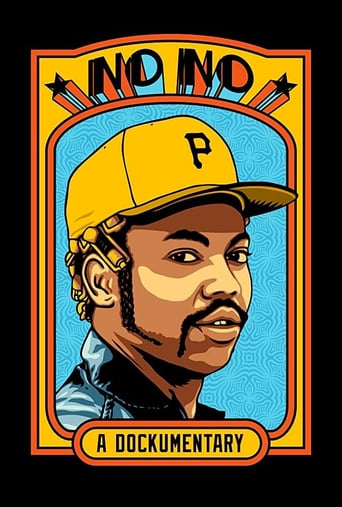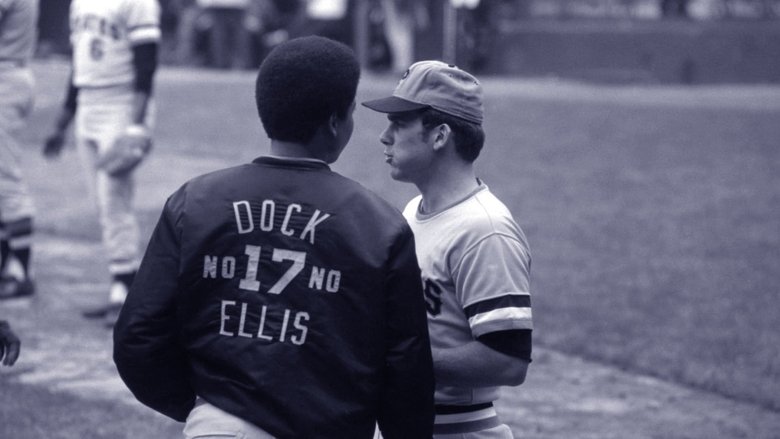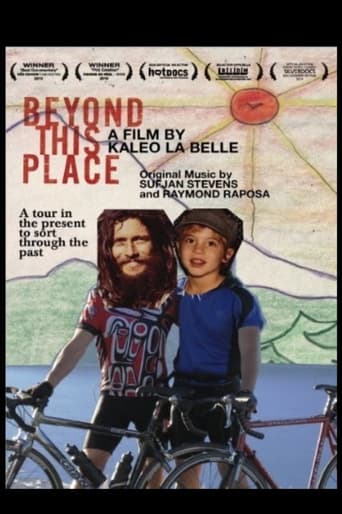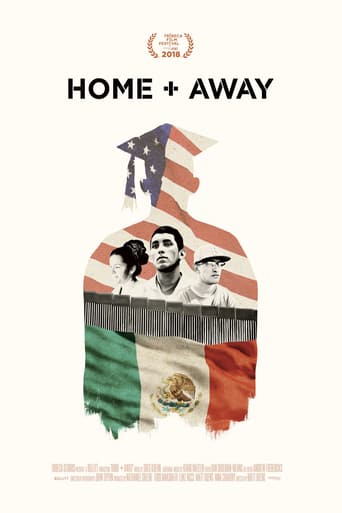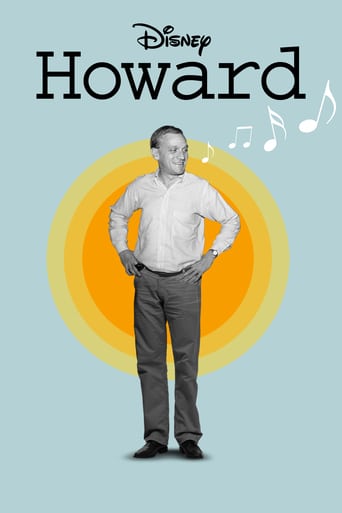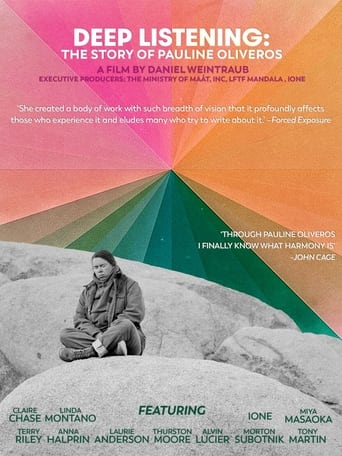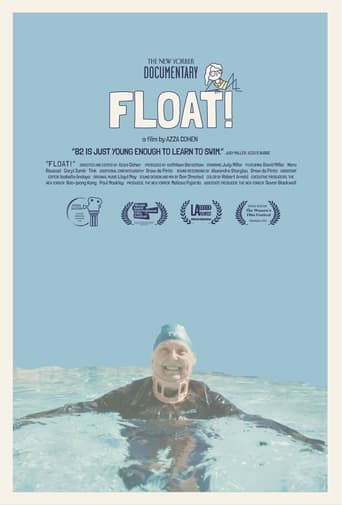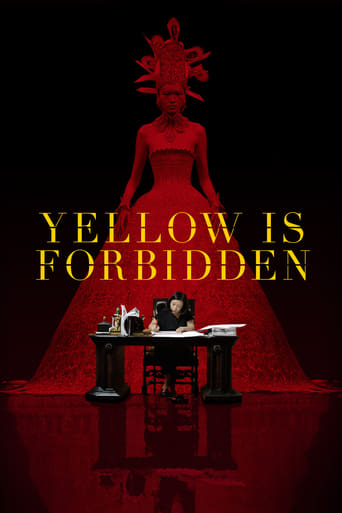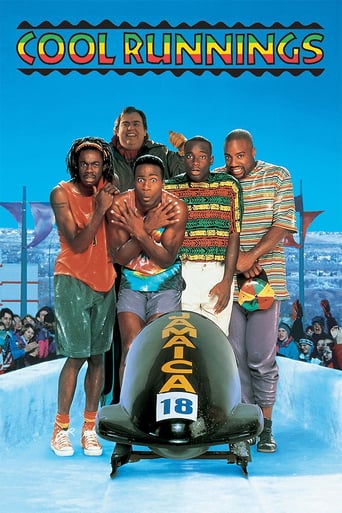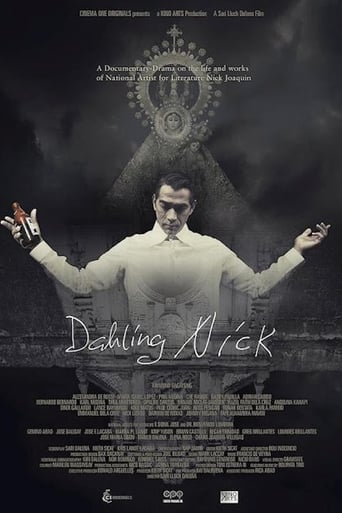No No: A Dockumentary (2014)
Dock Ellis pitched a no-hitter on LSD, then worked for decades counseling drug abusers. Dock's soulful style defined 1970s baseball as he kept hitters honest and embarrassed the establishment. An ensemble cast of teammates, friends, and family investigate his life on the field, in the media, and out of the spotlight.
Watch Trailer
Cast
Similar titles
Reviews
A Masterpiece!
A movie that not only functions as a solid scarefest but a razor-sharp satire.
This film is so real. It treats its characters with so much care and sensitivity.
By the time the dramatic fireworks start popping off, each one feels earned.
Dock Ellis was a brash, talented pitcher known most for pitching a no-hitter while on LSD, and for substance abuse problems throughout his career. This "dockumentary" tells his story, and with it's compelling with its interviews from childhood friends, teammates, and ex-wives, as well as his inspirational counseling work after he became clean.Ellis was a fascinating character. On the one hand he was a leader in speaking out against ridiculous policies, for example, fighting a suspension he received for wearing curlers in his hair with the Pirates, and then later the edict that players not drink in the hotel bar while with the Rangers. He was charismatic and outspoken to the point of being proclaimed by some as "baseball's Muhammed Ali", and got a touching letter from Jackie Robinson encouraging him despite a torrent of racist threats. On the other hand, he couldn't control his drug problems, starting with the amphetamines that were rampant in baseball at the time (some in the documentary estimate 90-95% of players), but soon spreading to almost everything else: cocaine, LSD, alcohol, heroin, etc. Ellis states that he was high for every game he ever pitched in the majors. Off the field, the incident his second wife describes when he abused her with guns for five hours is horrifying, and director Jeff Radice is at his best in including footage like this, but balancing it by showing the kind, loving, affable person Ellis was 99% of the time.Where the documentary is less successful is in including stock footage of players or cheesy animation while trying to show events from games where apparently no film exists. Inexplicably, there is also footage of the 1981 Kroc Foundation anti-drug film for kids called 'Dugout', which has little to no actual connection to Ellis and adds zero value. I would have also liked a little more content on the actual baseball, as Radice isn't all that detailed about big games in his career, apart from the no-hitter, and the time he hit the first 3 Reds players in a game on purpose. He'll take us to big events like the 1971 World Series but then not really show us all that much about Ellis's performance.Then again it's a human story, not a hardcore look at the man's career, and it was touching to see his relationship with Roberto Clemente, and how he spiraled after Clemente's tragic death. How Ellis turned himself around, gave back, and positively affected so many people's lives is also quite touching. Lastly, it's a fascinating look into baseball, race, and drugs in the 1970's. Solid film, and worth seeing.
Say "No No" to drugs, kids, but YES YES to this great documentary about pro baseball player Doc Ellis, who in the 1970s pitched a no-hitter game on LSD. Ellis played in Major League Baseball from 1968 through 1979 for the Pittsburgh Pirates, New York Yankees, Oakland Athletics, Texas Rangers, and New York Mets. The film goes through his career in pro- ball, his romantic entanglements, as well as his long bout with drugs, recovery, and later life counseling drug addicts in treatment centers and prisons.*Possible SPOILER* I found the most inspiring part of this film the interview with Ron Howard, who talked about working with Ellis on the set of his 1986 film, "Gung Ho" (Ellis was in the cast- you may recall him as one of the factory workers; was seen playing in the softball game as well). Howard talked about his conversation with Ellis about pitching that famous no-hitter game on LSD, and he found it interesting Ellis did not brag about the incident, but instead was embarrassed about it- saying he would've rather been clean & sober at the time than having pitched that no-hitter game.Well, anyway, I would recommend this great doc. for sports and non- sports fans (like myself) alike. Great interviews, a great '70s soundtrack and some good inspiration make this doc. a home run! (ouch!- I know that was bad... o.O )
I've always been a big baseball fan and I barely knew this guy's name beyond the no-hitter story. He was an important and courageous player in speaking out against unfair treatment back when there was still a lot of racism in the game and to make it in the big leagues as a black man you had to be a star. His honesty about his drug and alcohol abuse also helped open the door into this darker side of sports. Baseball has always been a traditional game interested in protecting its image, so guys like Ellis were a challenge. It seems to me that he was good for the game and helped change occur at a faster rate than it might have without him.
Greetings again from the darkness. Caught this one at the Dallas International Film Festival, and the most impressive part of director Jeff Radice's approach is just how much he attempts to tackle. Most baseball fans immediately associate the name Dock Ellis with his much publicized 1970 no-hitter thrown while under the influence of LSD. Radice doesn't focus on the baseball side of this story, but rather much more of the man and the times.One must be of a certain age to have watched Dock Ellis pitch (he retired in 1979), and the era must be considered when understanding his often outspoken and arrogant behavior. Jackie Robinson had long ago broken the color barrier in baseball, but it wasn't until the early 1970's when things really started to change. 1971 saw the first all black and brown lineup from the Pirates (with Dock Ellis on the mound). The blacks and Latins interviewed here recall the moment they noticed.In addition to his baseball and related antics, we get some history on his marriages, style, drug abuse and struggle to remain healthy near the end of his career. Radice scores with the numerous interviews of former teammates, as well as friends and family. Steve Blass and Bruce Kison provide a contrast to the words of Dave Cash, Mudcat Grant and Al Oliver, but the most insight comes from Ellis' friends and family. This is where we see the hope and disappointment that Dock produced.We also see the later years as Dock became a drug counselor and educated many on the mistakes he had made. Radice uses a 1981 movie called "Dugout" features former major league pitcher Bo Belinsky talking to little-leaguers about the importance of staying on the right track ... the parallels to the career of Dock Ellis are obvious.Some terrific game footage is used, but one of the most interesting moments occurs when Brad Corbet, Jr explains how his father (former owner of Texas Rangers) had interaction with Dock Ellis the player, and later with Dock Ellis the addiction counselor. There is also much made about "everyone" in baseball being on "greenies" (amphetemines) during the era ... an interesting contrast to the steroid era. The main thing we learn is that there was much more to Dock Ellis than LSD and curlers in his hair.
